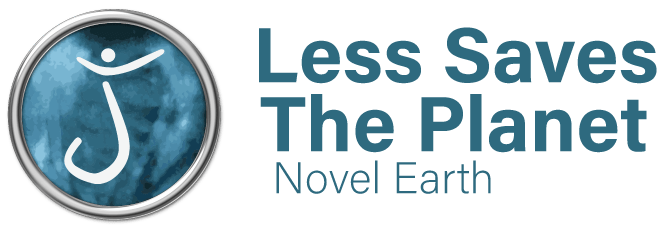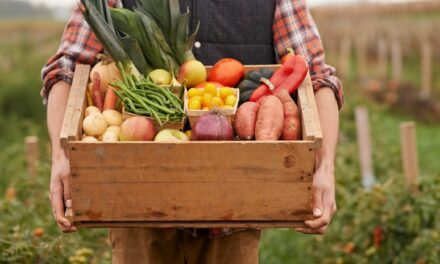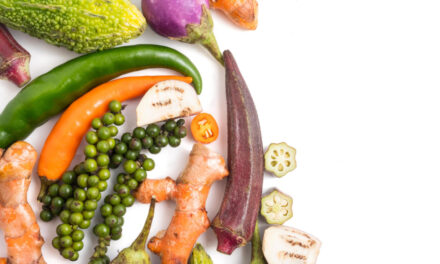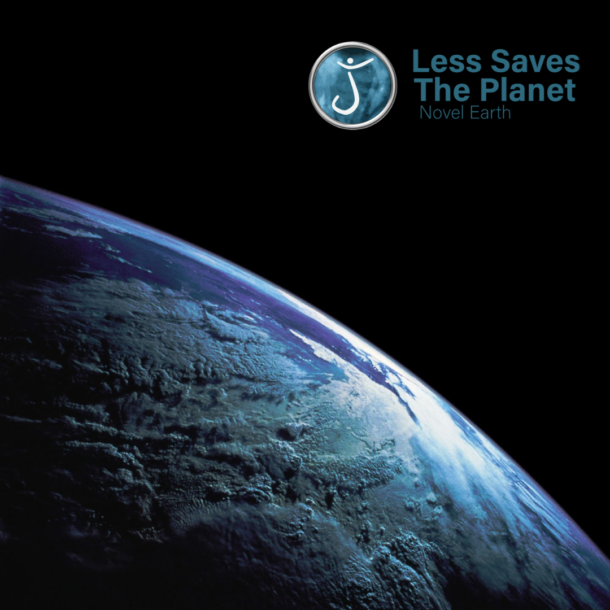
3 – SAVING THE OCEANS AND PRESERVING MARINE RESOURCES
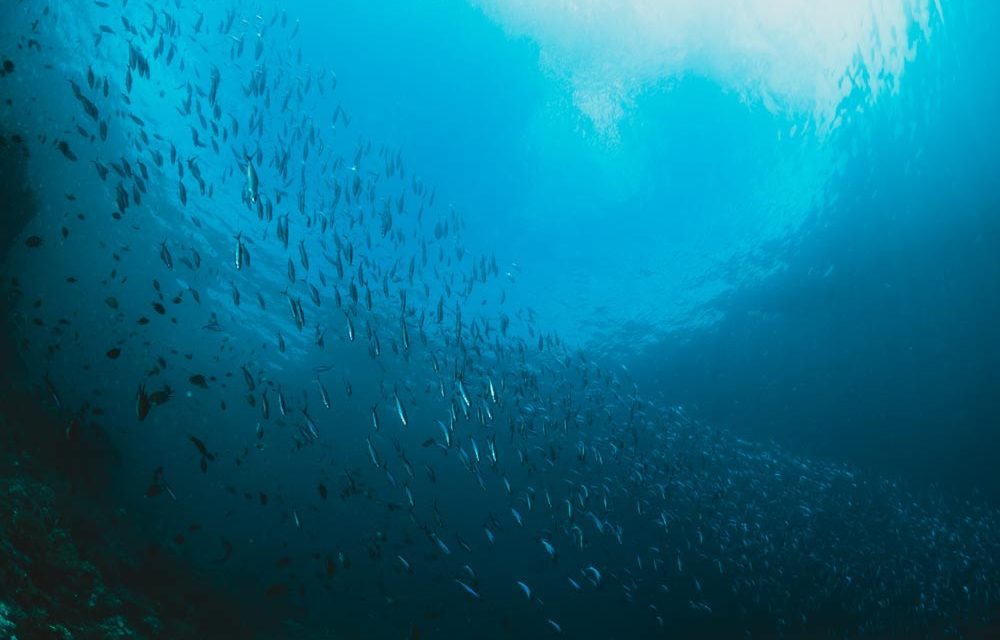
Seen as an eco-responsible alternative to meat products, seafood has been on the rise for a few years. And yet, nothing could be falser! Anthropogenic pressure is testing marine biodiversity and fish farming is not without consequences for our environment.
Which fish to choose?
While our usual meat consumption ranges from beef, pork, chicken and sometimes veal and lamb, the variety of fish consumed is much wider. Again, the multiplicity of choices has the effect of losing consumers who then wonder which fish to choose.
The chapter of Less Saves The Planet about the sea establishes three lists of fish and seafood to guide consumers, based on their origin, biodiversity status, size, age, season, certifications and sometimes fishing methods of these products. Three clear lists followed by our chefs labelled fish to eat without problem, those to be eaten moderately according to several criteria and those to avoid.
Fishing or aquaculture, what are their effects?
Less Saves The Planet is an educational book that opens up perspectives for chefs and individuals by giving them questions to ask when buying. To do this, it presents the different fishing techniques, their advantages and disadvantages. At the aquaculture level, the focus is on forage fish, which is, by definition, used to feed other raised fish. However, whether in the fishing or aquaculture sector, there are solutions to estimate the eco-responsibility of different products. According to Ifremer’s 2020 figures, 49% of the volumes of fish caught in France come from sustainably exploited populations, up from 15% in 2000. Concerns about seafood are changing.
The unknown riches of our oceans
Innovative and lover of new flavors, the Less Saves The Planet movement celebrates the new cuisine or brings to the taste of the day products forgotten on a daily basis such as crustaceans or seaweed! Many crustaceans such as oysters or mussels have a fantastic impact on our oceans by acting as filters and consuming very few resources. These marine riches also have an excellent effect on our health. This is particularly the case with algae. Antioxidants, rich in vitamins and proteins, algae are even known for the healing properties. These seaweeds, which have been consumed for centuries, are not yet regulars on our plates.
Plastic pollution, between the formation of a seventh continent and various impacts
If algae are good for our health, they are also the left lung of our planet because they achieve almost 50% of the world’s oxygen creation through photosynthesis. When we see the often-forgotten impact of our oceans on global warming, we can only be alarmed by the marine pollution that threatens this fragile balance. Less Saves the Planet provides an overview of the situation of our oceans by also giving eco-responsible and respectful action ideas to be put in place.

